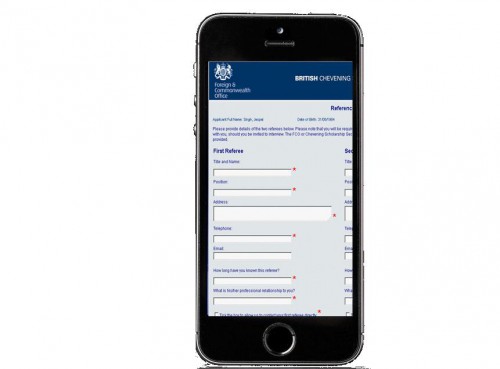8th July 2014 London, UK
Service transformation at the Foreign Office
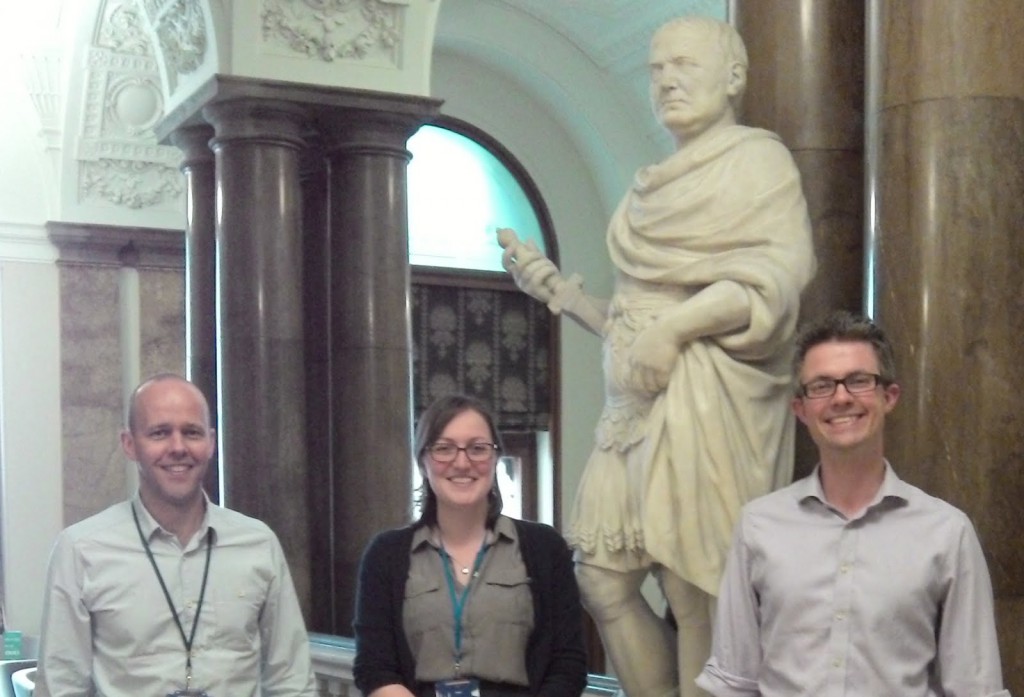
The Digital Transformation Unit (DTU) was set up to use Digital technology to transform the Foreign Office in three ways: firstly in communications, secondly in policy, and thirdly the area in which I work, in the services which the Foreign Office offers the public.
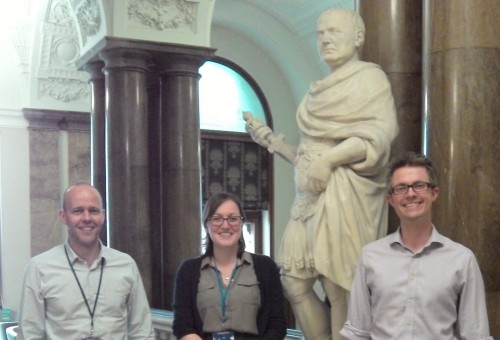
It’s quite possible to go through your whole life without using any of our services, so you may not have come across them; but if you lose your passport when you are on holiday, or maybe you would like to get married abroad, or if you give birth abroad and would like to register this at a consulate – my friend, you are going to need to fill in a Foreign Office form.
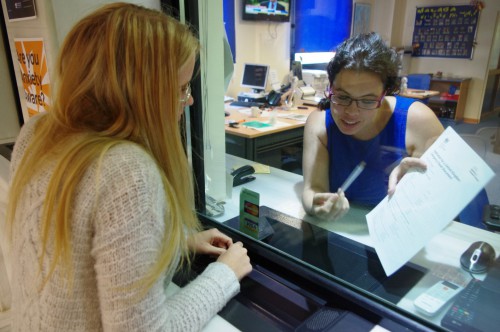
At the moment many of these services are paper-based, and the processes often quite labour-intensive: depending on the transaction, handwritten forms can get put in a file, saved up and then posted back to the UK every now and again. In some instances they are actually retyped into FCO systems. So, it’s the job of the Service Transformation team to make these services Digital by Default: to improve the experience both for those applying and for the staff dealing with them.
Chevening scholarships
The first service we are looking at is the Chevening Scholarship application process. Chevening Scholarships started in 1984 and are a way in which the UK government sponsors talented students from developing countries to come and study in the UK.
Applying for a scholarship is a remarkably rigorous process and pretty arduous for the aspiring scholar: you can’t even apply until you have a first degree and 2 years’ work experience, and then you have to submit essays and be assessed by various panels before a full-on interview at your local embassy. However, the process certainly seems to be finding motivated and talented young people: there are many former Chevening Scholars who have gone on to be presidents or prime minsters of their countries. There were about 30 thousand applications for Chevening last year, of which 700 were successful; and the number of scholarships will be tripled next year.
The transaction is already 100% digital – but the form which is up now was developed in 2005, making the application form 2 years older than the iPhone. Here’s what it looks like on a desktop:
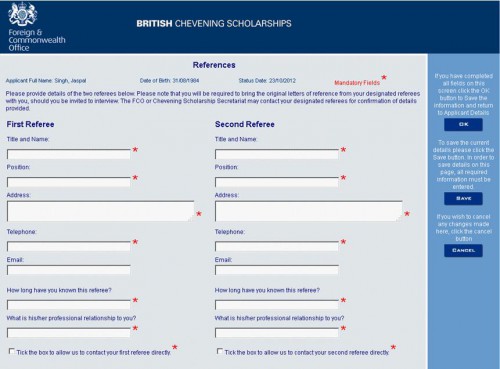
And here’s what it looks like on a smartphone:
Alas! So – it would be fair to say that it is ready to be improved.
The DTU is a small unit which does not at the moment have any in-house development resource. Instead we use the Government’s buying systems, the G-Cloud and the Digital Services Store, to find software development houses to deliver all the services we are working on. For Chevening, we are working with a company called WCN.
So far it has been a pleasure to work with WCN and with the Association of Commonwealth Universities team who administer the scholarship programme. Progress on the new system is incredibly fast and we hope to have it live and applications being accepted in August. I’ll write another blog post shortly about how and why we came to work with them but do let us know in the comments section if you have any experience of FCO services, we’d love to hear from you.
Follow Phil at @philbuckley5
